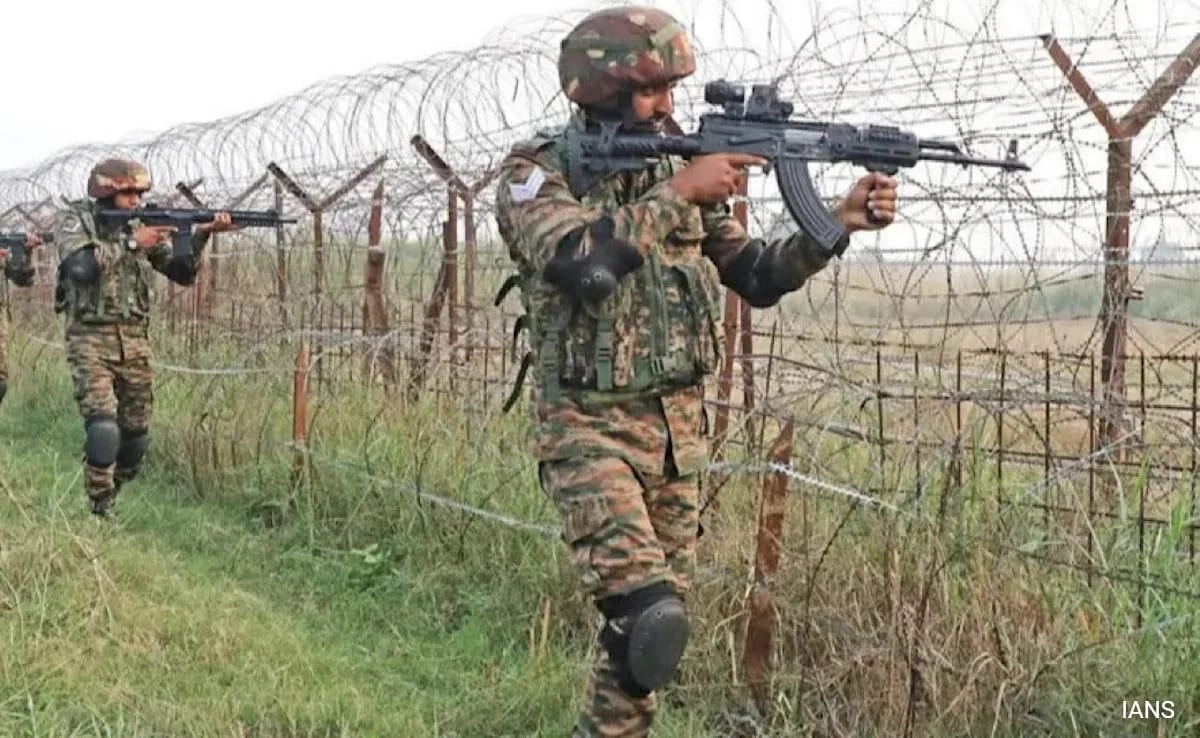The Indian strikes on terror camps in Pakistan marked a significant moment in regional geopolitics, eliciting varied reactions from world leaders. Following the airstrikes, which were a response to a terrorist attack in India, leaders across the globe expressed their perspectives, reflecting both support and concern for the escalating tensions between India and Pakistan. The strikes were characterized by India as a necessary measure to safeguard national security, aiming to dismantle terror infrastructure that was believed to be orchestrating attacks on Indian soil.
In the immediate aftermath, several countries voiced their backing for India’s right to defend itself. The United States, in particular, reaffirmed its commitment to counterterrorism efforts and acknowledged India’s sovereignty in addressing threats to its security. This sentiment was echoed by various European nations, which emphasized the need for nations to combat terrorism proactively. However, support was not unanimous, as some countries urged restraint and dialogue between India and Pakistan to prevent further escalation. The call for diplomatic solutions highlighted the international community’s apprehension about the potential for conflict in a region already fraught with historical tensions.
Conversely, Pakistan condemned the airstrikes, asserting that they were a violation of its sovereignty and calling for international intervention. The Pakistani government sought to rally support from its allies, emphasizing the need for dialogue and peace. Nations like China expressed solidarity with Pakistan, reiterating the importance of respecting territorial integrity and advocating for a peaceful resolution to the crisis. This dichotomy in reactions underscored the complexities of international relations, where strategic alliances and historical grievances often influence the responses of nations to such critical incidents.
The incident also reignited discussions about the broader implications of military actions in South Asia, especially given both countries’ nuclear capabilities. Observers noted that while immediate support for India’s actions was evident, the long-term consequences of such military engagements could destabilize the region further. The global community remained on high alert, monitoring the situation closely and calling for de-escalation to avoid any miscalculations that could lead to a larger conflict. Thus, the reactions from world leaders not only reflected their individual national interests but also underscored the fragile balance of peace in a region marked by strife and historical animosities.




